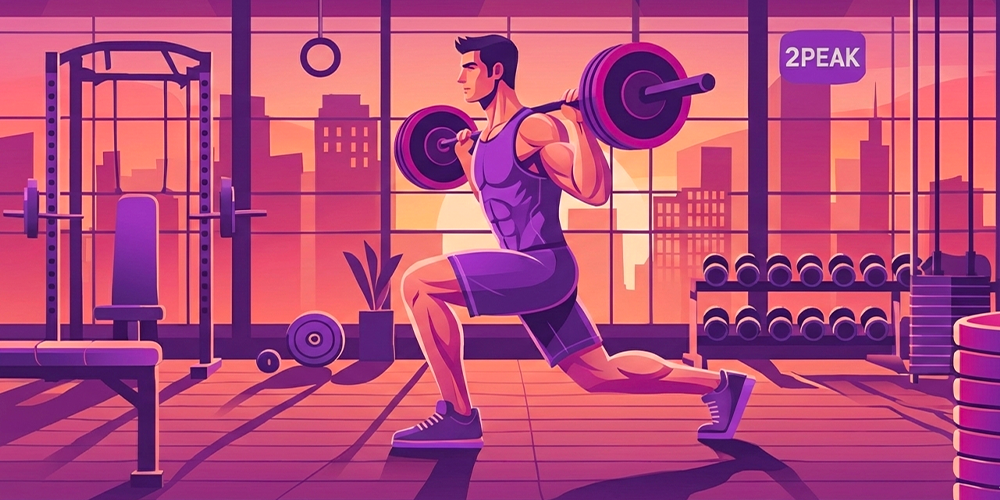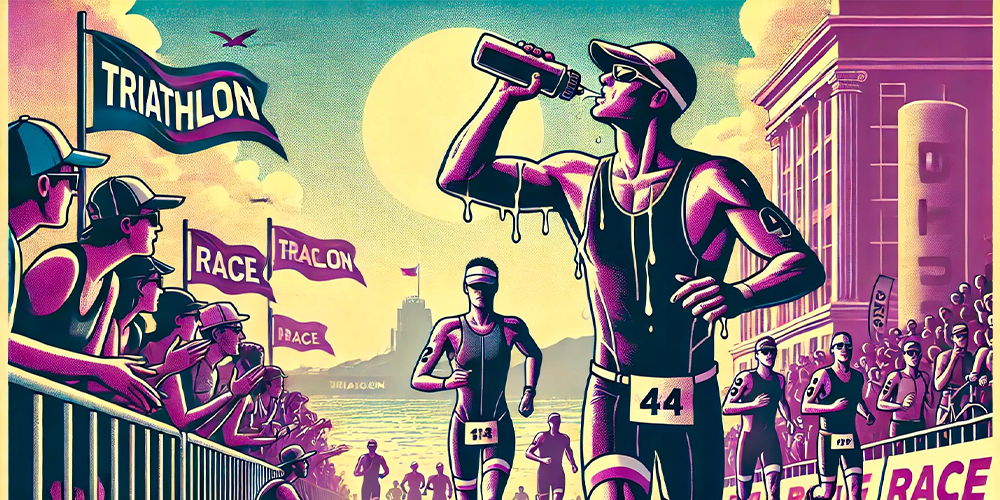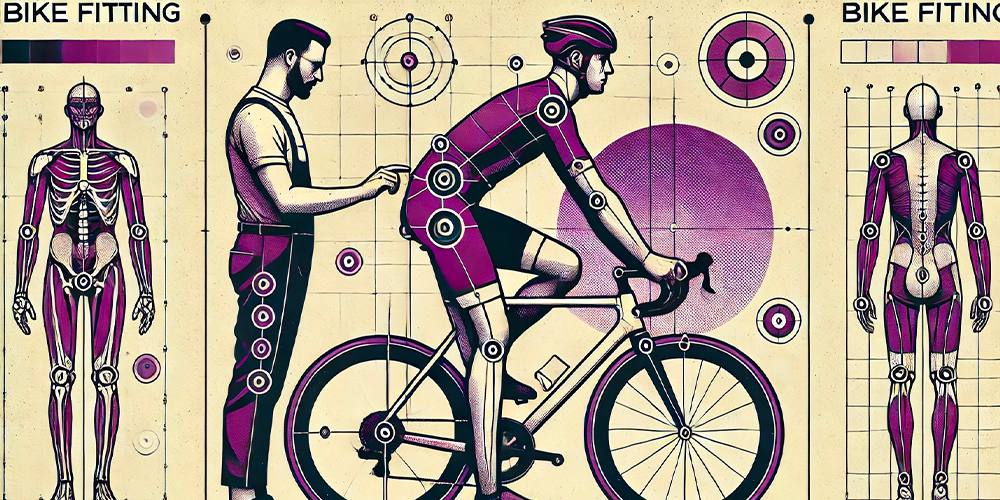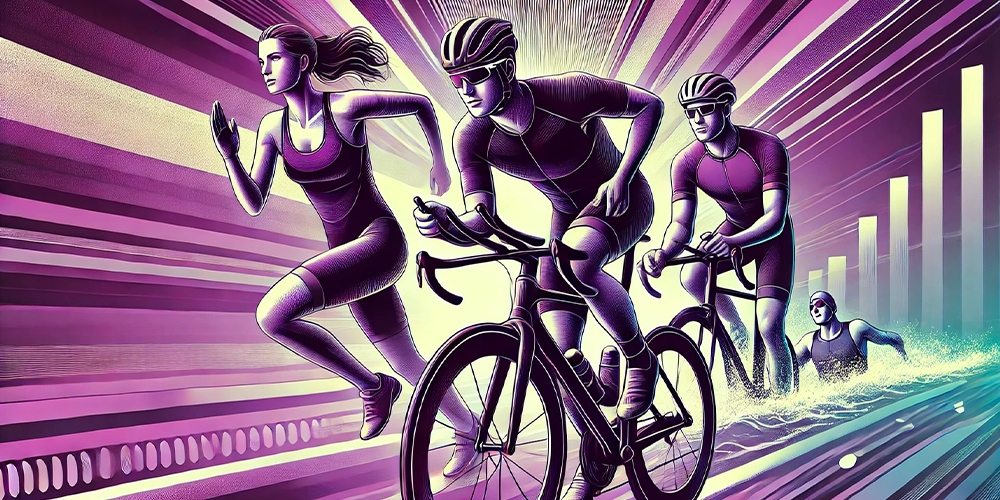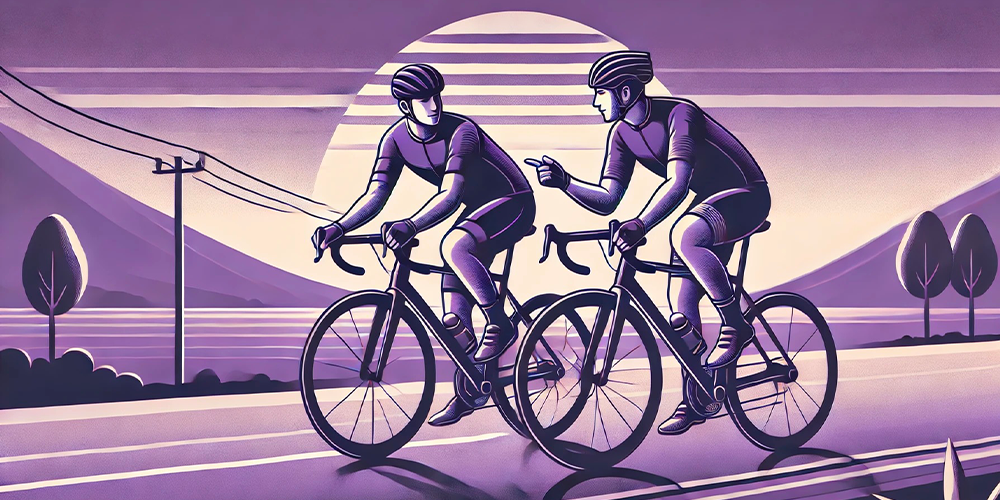In endurance athletes, strength training and general physical preparation are often underestimated compared with sport-specific work. Yet every discipline involves repetitive movement patterns that, without adequate support, increase the risk of overload and injury. Let’s look at a few useful exercises to address the most common imbalances and improve load tolerance.
